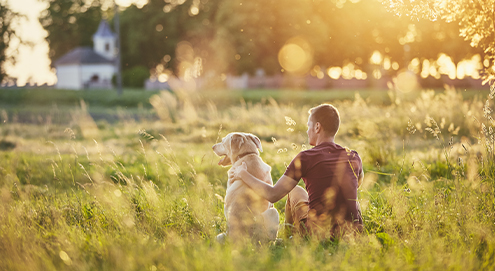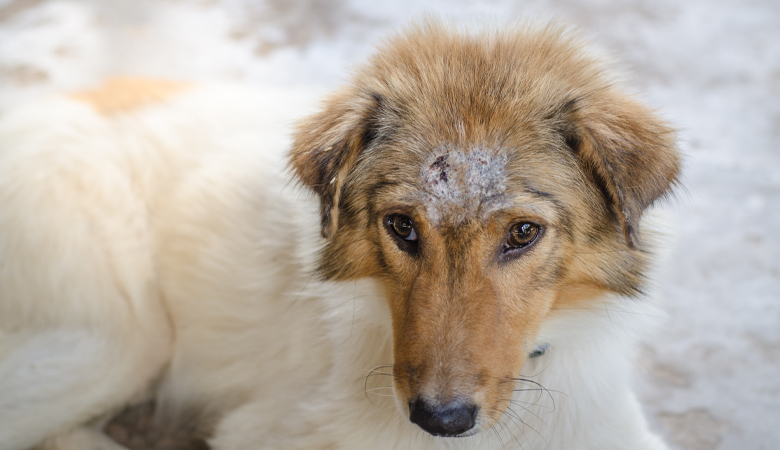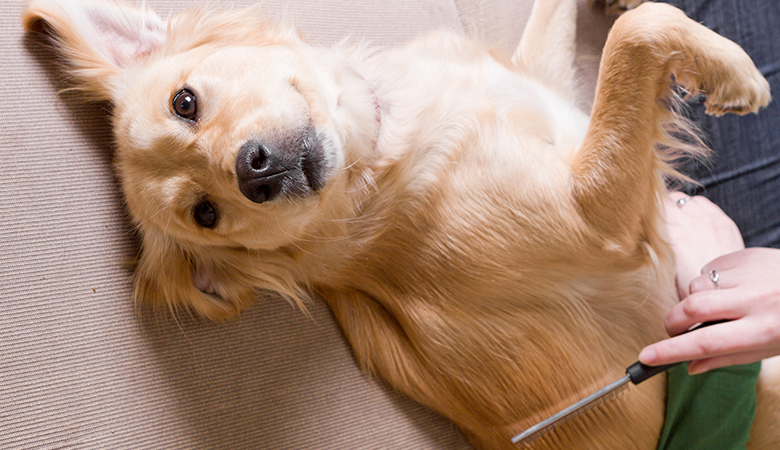Does my dog have hay fever?
Written by Sjoerd |
Dogs can suffer from hay fever just like humans and experience various symptoms. Have you noticed your dog scratching more than usual or licking its paws and coat more often? Does your dog sneeze frequently without an obvious reason, or do their eyes become irritated easily? If so, there’s a good chance your dog has a pollen allergy. The blooming season for plants, trees and grasses is just around the corner!

What is hay fever?
Hay fever is an allergy to pollen from blooming grasses, plants and trees. The body overreacts to these pollen particles, resulting in seasonal symptoms. This condition is becoming more common in dogs. The symptoms are similar to those seen in humans: red or watery eyes, a runny nose, sneezing and itching.






